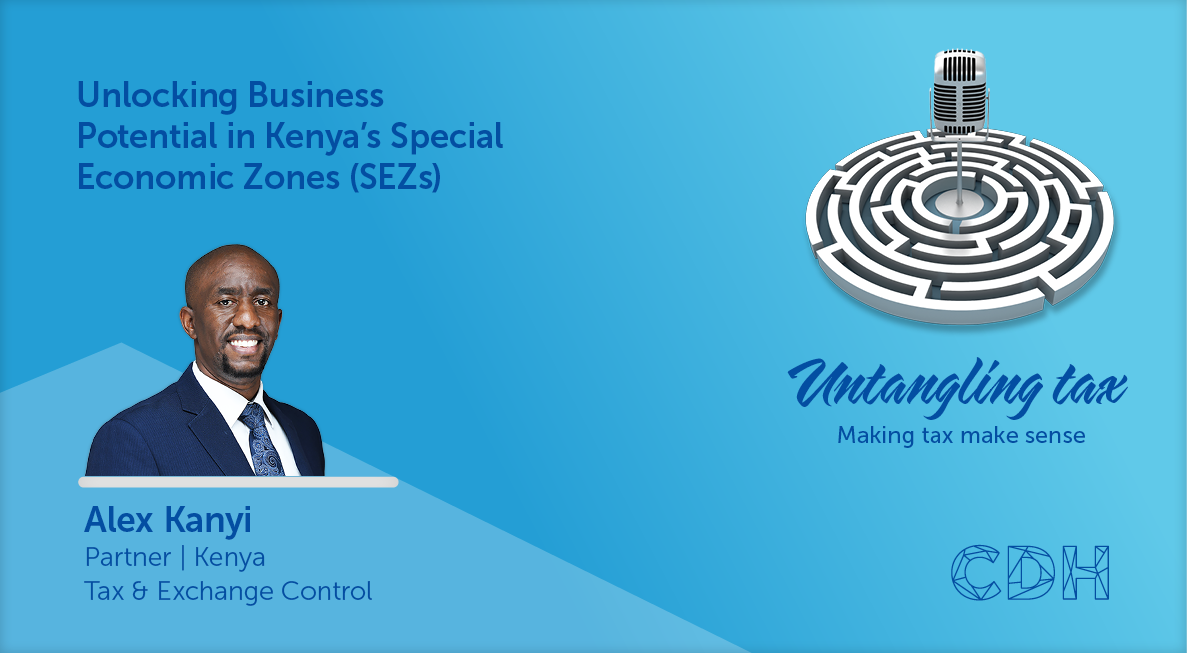Business rescue with an ulterior purpose
At a glance
- Reasonable prospects of success are necessary for the court to find in favour of a business rescue application and business rescue cannot be used to delay inevitable insolvency.
- The Supreme Court of Appeal in the case of PFC Properties (Pty) Ltd v Commissioner for the South African Revenue Services and Others (543/21; 409/22) [2023] ZASCA 111; [2024] (1) SA 400 (SCA) (21 July 2023) adjudicated precisely this scenario.
- In this matter the court found that there had been an abuse of the court's process and the relevant trustees had used "the legal process provided for companies which may legitimately be rescued … to thwart the winding-up proceedings".
Factual background
Mr and Mrs De Robillard were directors of an asset holding company called PFC Properties (Pty) Ltd (PFC). The South African Revenue Service (SARS) had conducted an audit of PFC and issued an assessment which revealed that PFC owed SARS R52 million in value-added tax (VAT) and R5 million in income tax.
PFC submitted a request for suspension of its tax debt to SARS to halt the enforcement of SARS’ claim, which was granted by SARS. In support thereof, PFC offered security to SARS in the form of an undertaking not to sell its assets or, if it did, to pay the proceeds to SARS in satisfaction of the tax debt.
By 2019, PFC had stripped itself of all of the immovable properties it owned, despite the security in favour of SARS, as well as two luxury yachts. As a result, SARS revoked the suspension of payment in respect of PFC’s VAT and income tax in 2021 and in the same year launched an application to have PFC wound up.
PFC did not file papers to oppose the winding-up application and instead moved its registered address from Gauteng to an address within the jurisdiction of the Pietermaritzburg High Court, where an application to place PFC under business rescue was launched by the trustees of the De Robillard Family Trust (the DRFT trustees).
The moratorium
PFC sought to invoke section 131(6) of the Companies Act 71 of 2008 in terms of which bringing an application for business rescue will suspend the liquidation process until either the court has adjudicated the application, or the business rescue proceedings end. This, PFC argued, triggered the general moratorium on the institution of legal proceedings against entities in business rescue, which would prevent the liquidation application from continuing. To this the court said that the trustees knew or ought to have known that there were no prospects of success in the business rescue application.
Abuse of process
The court stated that the purpose of business rescue is to restore a company to solvency and that it is not to be used to stall the winding-up of a company which has no prospects of becoming viable again.
To that end, the court quoted the dictum of Unterhalter AJ in Villa Crop Protection (Pty) Ltd v Bayer Intellectual Property GmbH [2022] ZACC 42; [2023] (4) BCLR 461 (CC), emphasising that a litigant who uses the legal process for an ulterior purpose, or who seeks to subvert the rule of law would be committing an abuse of process. As such, the court has the power to safeguard its process when a litigant’s conduct is found to be abusive.
The court held that there were certain indicators that PFC was commercially and factually insolvent, including the disposal of all of its immovable property despite being an “asset holding company”; the fact that it owed Mr De Robillard in excess of R90 million, which it sought to disguise by alleging that he was in fact a debtor of the company; and, most strikingly, the fact that the registered address of PFC was suddenly moved from Gauteng to KwaZulu-Natal so that the business rescue application could be heard in the Pietermaritzburg High Court.
Consequently, the court found that the DRFT trustees had abused the court’s process in that they sought to use “the legal process provided for companies which may legitimately be rescued… to thwart the winding-up proceedings”. It stated that the business rescue application was a “stratagem” in that the trustees had no actual intention of prosecuting it to its conclusion. It held further that there was no doubt that PFC was insolvent in light of the dissipation of its assets and that it was just and equitable for the company to be wound up.
Reasonable prospects of success are necessary for the court to find in favour of a business rescue application. The court here cited Oakdene Square Properties (Pty) Ltd and Others v Farm Bothasfontein (Kyalami) (Pty) Ltd and Others [2013] ZASCA 68; [2013] (4) SA 539 (SCA) and reiterated that such prospect must go beyond mere speculation. Here, PFC attempted to demonstrate its prospects by arguing that Mr De Robillard was in fact its creditor and that certain properties were going to be re-transferred to it. However, the court was wholly unconvinced and held that the disposal of assets had defeated the purpose of PFC’s existence as an asset holding company. There were accordingly no reasonable prospects of rescuing the business.
Conclusion
The position is clear – business rescue proceedings exist to allow a financially distressed company to become viable again, not to delay the inevitable. Accordingly, a business rescue application should only be brought where there is a reasonable prospect of saving the company.
The information and material published on this website is provided for general purposes only and does not constitute legal advice. We make every effort to ensure that the content is updated regularly and to offer the most current and accurate information. Please consult one of our lawyers on any specific legal problem or matter. We accept no responsibility for any loss or damage, whether direct or consequential, which may arise from reliance on the information contained in these pages. Please refer to our full terms and conditions. Copyright © 2026 Cliffe Dekker Hofmeyr. All rights reserved. For permission to reproduce an article or publication, please contact us cliffedekkerhofmeyr@cdhlegal.com.
Subscribe
We support our clients’ strategic and operational needs by offering innovative, integrated and high quality thought leadership. To stay up to date on the latest legal developments that may potentially impact your business, subscribe to our alerts, seminar and webinar invitations.
Subscribe




